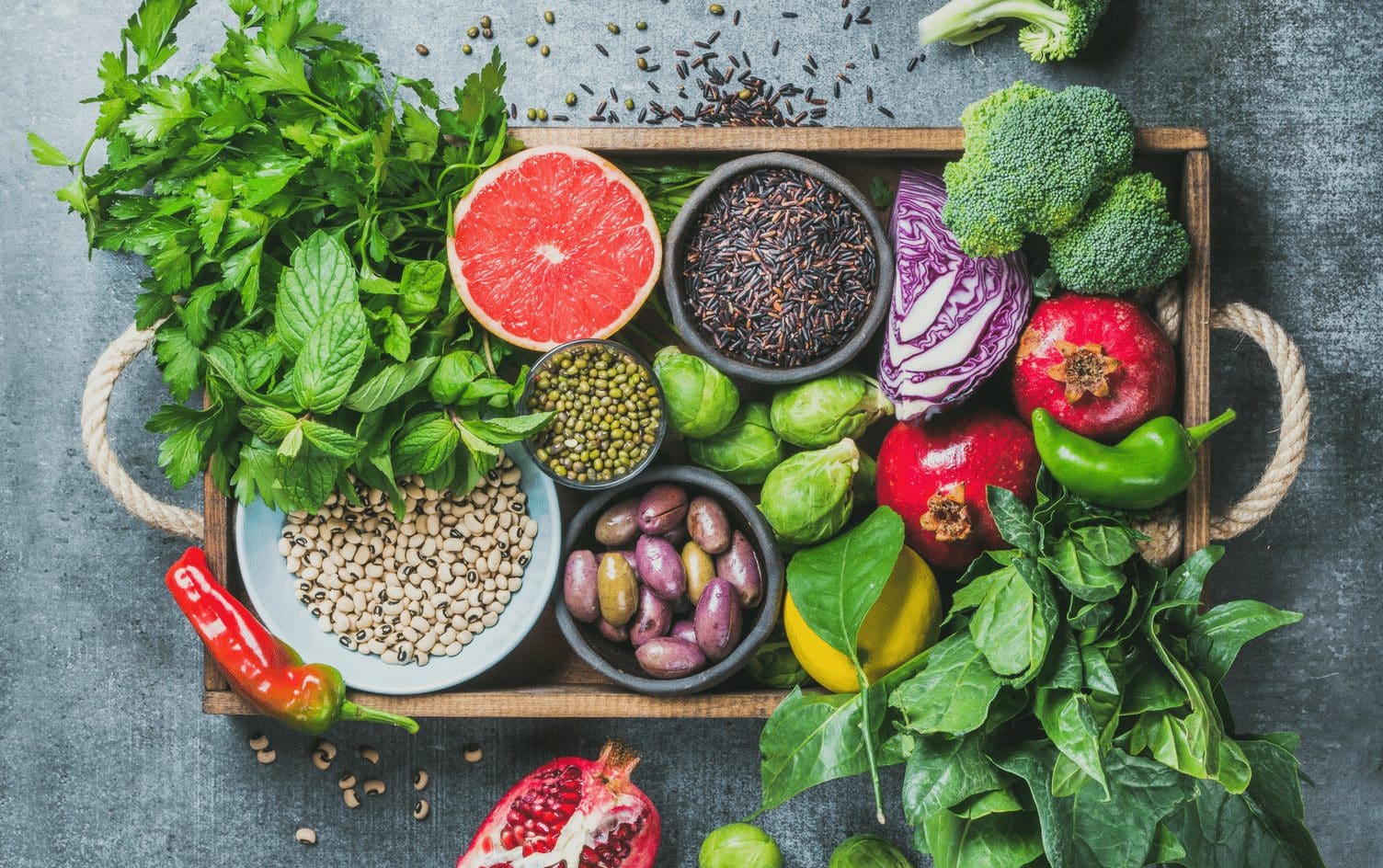I keep hearing about the alkaline diet. What is it and should I try it? – Jerry Vick
The alkaline diet is based on the idea you can alter your pH by choosing to eat certain foods and avoiding those that produce more acid in the body.
A PRIMER ON pH
Take a moment to dig through your arsenal of high school memories. Chances are you’ll have a few from chemistry lab, learning about the pH scale. Measuring from 0–14, the scale is a measure of the acidity or alkalinity of a certain solution. More acidic solutions hold lower pHs, 7 is neutral and the higher a solution or substance goes on the scale the more alkaline (or basic) it becomes.
Normal blood pH is slightly alkaline — between 7.37–7.45; a number the body works tremendously hard at maintaining through natural processes like respiration, urination and mineral depletion (the body neutralizes acidity in the blood by releasing calcium compounds, which are alkaline).
GOING MORE ALKALINE
Proponents of the diet claim our bodies are happier and healthier in a more alkaline state; that things like sugar, caffeine, alcohol, eggs, processed foods, dairy and meat are more acidic, while fresh fruits and vegetables are more alkaline.
Simply stated, the alkaline diet is essentially a very strict vegetarian diet. The idea is that when you eat a more acidic diet, your body works harder to maintain balance or self-correct — and a more alkaline diet reduces inflammation, boosts immunity, aids in weight loss and improves overall health.
Think of it like a scale — the more you eat and drink your way left (acidic, or toward 0), the harder your body has to work to get back to normal. More alkaline foods equal less stress, more energy and greater chances for optimal health. Even some bottled waters on the market have been ionized to lower acidity (increasing pH).
DOES IT WORK?
Scientific evidence is lacking on the effectiveness of the diet — and one could argue that anyone who chooses to eat more plants, lower their alcohol intake and skip processed foods will be healthier and feel better. Avoiding sugar, alcohol and processed foods is — and always has been — a well-supported way to lose weight and reduce inflammation (and bloat), too.
There is evidence acid-boosting diets cause bones to release more calcium; and that alkaline-driven diets help prevent this loss and eating more fruits and vegetables may in fact be a safe and lower-cost way of eating to prevent osteoporosis. Eating more fruits and vegetables has also been shown to lower blood pressure, reduce heart disease, stroke, diabetes and even Alzheimer’s. There is certainly no shortage of benefits to a plant-based diet.
People who give the diet a try will likely experiment with new plant-based foods which is always encouraged, just remember it’s no magic bullet, and it may be hard to keep up in the long-term.
Bottomline: Loading up on whole foods, fruits and vegetables and limiting things that are highly processed and full of sugar makes for a healthy lifestyle in general. The alkaline diet certainly won’t do harm, but it’s highly restrictive — forbidding lean meats, eggs, dairy and whole grains — which have their place in a healthy diet, too.
READ MORE ASK THE DIETITIAN
> The Truth About Belly Fat and Inflammation
> What is Your Opinion of the Ketogenic Diet?
> Is It Normal to Always Feel Hungry?





